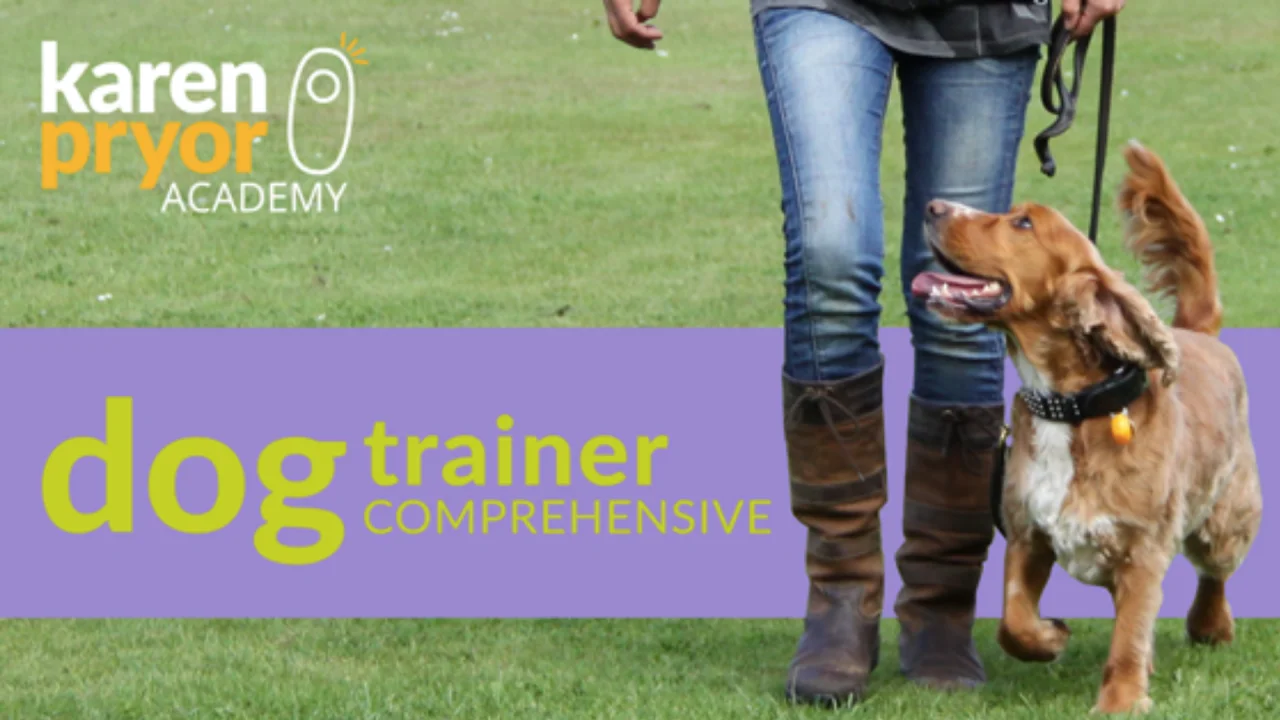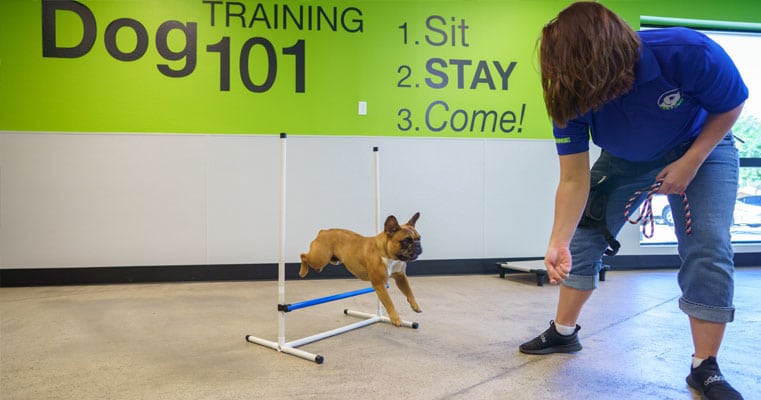Discovering Options for Dog Training Charlotte: What You Required to Know
Discovering Options for Dog Training Charlotte: What You Required to Know
Blog Article
Unlock Your Dog's Prospective: Proven Dog Training Techniques for Success
Effective pet dog training is a nuanced procedure that rests on recognizing canine habits and employing clinically backed methods. dog training charlotte nc. By integrating positive reinforcement, establishing clear commands, and focusing on socialization, pet dog owners can grow an efficient relationship with their family pets. Nevertheless, obstacles frequently occur that need tailored options and a person approach. Discovering these verified approaches reveals not only the possibility for behavior renovation however likewise the deeper bond that can be developed between proprietor and dog. What crucial approaches must be taken into consideration to truly unlock your canine's capacity?
Recognizing Canine Behavior
Understanding canine behavior is necessary for efficient training and fostering a positive connection in between pets and their proprietors. A comprehensive understanding of canine body language, vocalizations, and social interactions is crucial for identifying their emotions and needs. Canines connect mostly through non-verbal signs; for instance, a wagging tail might indicate exhilaration, while pinned ears can signal worry or submission.

Furthermore, ecological aspects play a considerable function fit a pet's behavior. Modifications in regular, brand-new environments, or the existence of unknown individuals can result in tension or anxiousness in canines. Recognizing these triggers enables owners to alleviate unfavorable reactions and create ideal training methods.
Inevitably, a deep understanding of pet habits lays the foundation for successful training techniques, enhancing both habits and the overall bond between the pet dog and its proprietor. Dog training. This expertise is crucial for fostering a well-adjusted, satisfied canine buddy
Favorable Reinforcement Strategies
Effective training depends greatly on favorable reinforcement strategies, which have actually been revealed to produce considerable lead to forming wanted actions in canines. This technique entails compensating a pet dog for displaying particular behaviors, consequently raising the chance that these actions will certainly be repeated. Incentives can take numerous forms, consisting of treats, appreciation, toys, or play, relying on what inspires the individual dog.

It is essential to slowly terminate benefits as the dog discovers the behavior, transitioning to periodic reinforcement. This technique preserves the actions in time while avoiding dependency on consistent incentives. By focusing on favorable reinforcement, instructors can cultivate a trusting relationship with their pets, promoting a cooperative and healthy and balanced training environment that improves general obedience and efficiency.
Developing Consistent Commands
A basic element of successful pet training is the facility of regular commands. Consistency in commands is essential for efficient interaction in between the pet dog and the trainer. When commands are uniform, canines learn to link specific words with wanted habits, which increases the training procedure and improves understanding.
To develop regular commands, it is important that all member of the family utilize the very same terminology and gestures. If one person makes use of "sit" while one more says "rest down," it can develop confusion for the dog. Select clear, distinctive words for commands and make sure everyone associated with the dog's training sticks to these selections.
Reinforce commands through constant method, making sure that the pet obtains ample opportunities to react properly. When a dog efficiently complies with a command, prompt favorable reinforcement needs to adhere to.
Finally, hold your horses. Developing constant commands takes some time and effort. With devotion and clarity, you will help your dog develop a strong understanding of assumptions, eventually bring about a well-behaved buddy.
Socialization and Direct Exposure
Socializing a dog is important for cultivating a certain and well-adjusted buddy. This procedure entails subjecting your canine to a selection of atmospheres, people, and various other animals to develop their social abilities and flexibility. Early socialization, ideally in between the here ages of 3 to fourteen weeks, is vital, as it lays the foundation for a pet dog's future habits.
During socialization, objective to give positive experiences in different setups, such as parks, busy roads, and homes with various other animals. Introduce your canine to numerous stimuli, consisting of sounds, views, and smells, making certain that each encounter is gratifying. This direct exposure aids reduce fear and anxiety, paving the way for a much more resistant pet.
Taking part in controlled group play sessions with various other pet dogs can also boost social skills, instructing your pet ideal informative post interactions and borders. Constantly monitor your pet's convenience degree throughout these experiences, progressively raising direct exposure as their confidence grows. Remember, the objective is to produce a well-shaped pet dog that thrives in diverse circumstances, advertising an unified partnership with both people and various other animals. Prioritizing socialization will substantially add to your canine's total joy and behavior throughout their life.
Conquering Common Educating Difficulties

Pet dogs might have a hard time to concentrate in unknown or hectic settings. Slowly desensitize your pet to interruptions by starting training in a quiet setting and gradually introducing even more stimuli as they come to be efficient.
In addition, behavioral problems like jumping or too much barking can become frustrating. Address these by showing different habits, such as sitting comfortably when welcoming guests. Consistency and patience are essential; reinforce wanted habits regularly and stay clear of scolding, which can result in confusion.
Last but not least, recognize that each canine is one-of-a-kind, and training timelines may vary. Dressmaker your approach to your dog's individual requirements, and look for expert guidance if necessary. With determination and the best methods, getting rid of these obstacles can lead to a trained, pleased canine companion.
Conclusion
In verdict, unlocking a pet dog's potential demands an extensive strategy that integrates an understanding of canine behavior, the application of positive support techniques, and the establishment of constant commands. Early socializing and exposure to diverse environments further enhance a pet's flexibility and self-confidence. By attending to usual training challenges with tailored techniques and persistence, a participating and harmonious relationship between dog and handler can be promoted, ultimately resulting in a well-behaved friend with the ability of thriving in various situations.
Effective dog training is a nuanced procedure that pivots on recognizing canine habits and using clinically backed strategies.Understanding pet useful content habits is crucial for reliable training and cultivating a favorable relationship in between dogs and their proprietors.Efficient training relies greatly on positive support techniques, which have actually been revealed to yield considerable outcomes in shaping wanted habits in pets. When commands are uniform, canines learn to connect certain words with desired behaviors, which speeds up the training process and boosts understanding.
In verdict, opening a pet's potential necessitates a detailed strategy that includes an understanding of canine behavior, the application of positive reinforcement methods, and the facility of regular commands.
Report this page